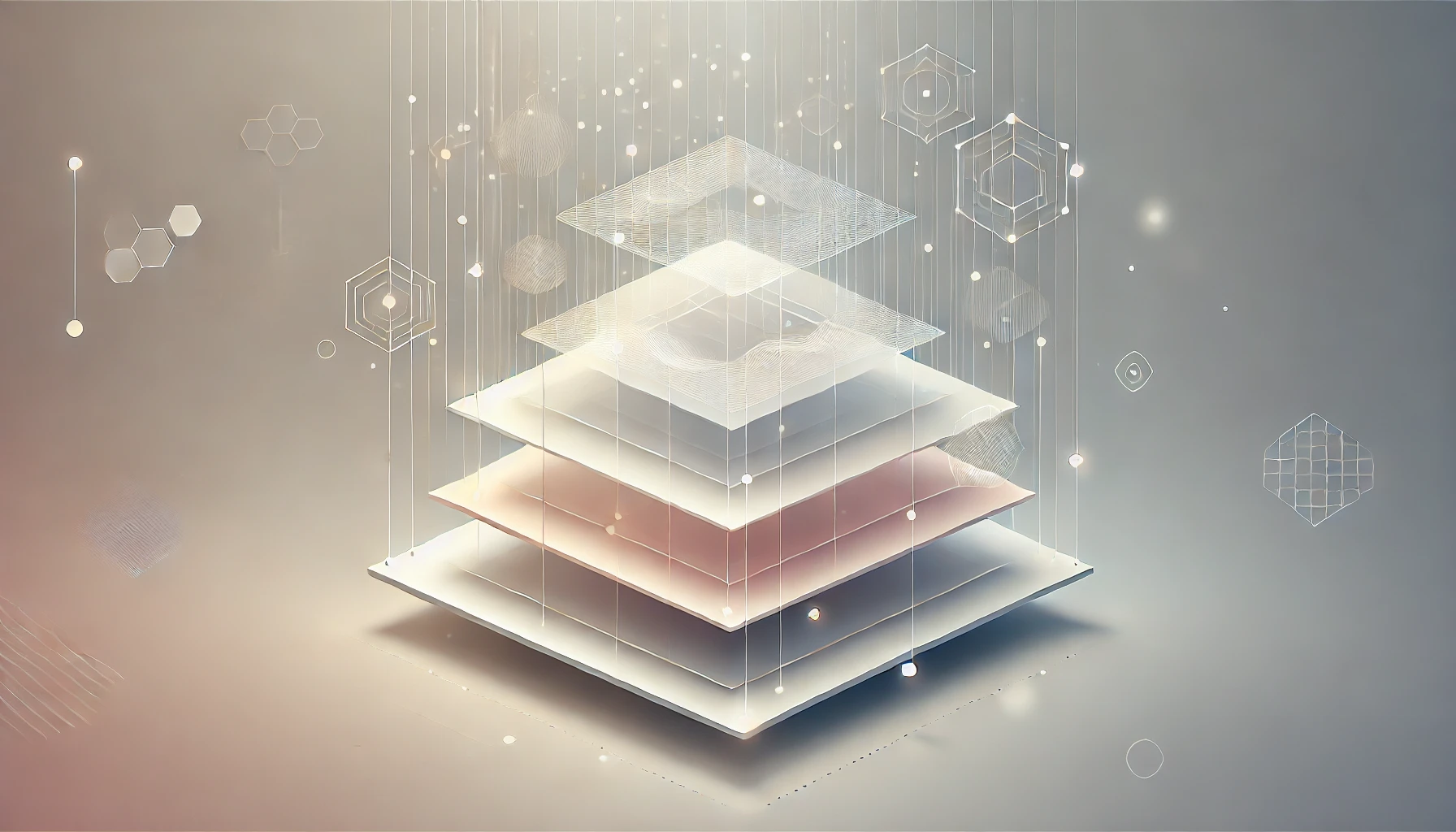If you’re a fan of Elon Musk (or even if you’re just vaguely aware of him), you’ll know that when he talks about the future, it’s like watching a sci-fi movie unfold in real-time. Recently, Musk gave his predictions on the future impacts of artificial intelligence (AI), and surprise, surprise—it’s a mix of utopian abundance and just a pinch of dystopian annihilation. You know, the usual Muskian combo meal.
So, Where Are We Heading?
Musk starts by pointing out something that techies already know: AI is developing at a rate faster than any other technology, and it's not slowing down. Imagine the Turing Test (a test to determine if a machine can exhibit intelligent behavior equivalent to a human) is now child's play for today's AI models. In fact, according to Musk, even a "random open-source language model running on a Raspberry Pi could probably pass it." It's like watching toddlers recite Shakespeare—except, you know, in Python.
The Good Future of AI
Let’s dive into what Musk calls the “good future” of AI, because, apparently, that’s 80% of what’s coming. AI, combined with robotics, will usher in an era of “immense prosperity” where goods and services become so cheap that they might as well be free (well, close enough). You’ll be able to get anything you want, except maybe Banksy’s latest artwork (because scarcity, baby!). For everything else? Your robot army will be ready to serve.
But Wait, There’s a 20% Chance of... Annihilation?
Well, yes. But in classic Musk fashion, it’s only 20%. He says this with the kind of nonchalance you’d expect from someone ordering a latte with extra foam. It’s like, “Yeah, we might all be doomed, but isn’t life always a little unpredictable?” You get the sense that Musk sees the apocalypse as just another twist in the plot—sort of like the end of Empire Strikes Back, but with more robots and fewer lightsabers.
The Crisis of Meaning
Now, for the non-apocalyptic enthusiasts, Musk provides a serious question: What happens when AI can do everything we can do, but better? It’s the looming “crisis of meaning.” When AI steals all our jobs, what will be left for us mere humans to do? Will we binge-watch Netflix until the singularity happens, or will we discover some profound new purpose, like competitive knitting?
Robots Everywhere
And then, there’s the question of “robots everywhere.” Imagine this: You’ve got humanoid robots with super-smart AI running around, not limited by human constraints (like having to sleep or getting cranky if they miss lunch). Musk imagines that with autonomous vehicles and humanoid robots, there’s really no limit to the size of the economy. You could have an infinite number of robots, working endlessly, cranking out iPhones, Teslas, and artisanal kombucha—basically turning the economy into a behemoth.
Dojo and Optimus: Tesla’s AI Ambitions
Speaking of robots, Musk casually mentions that Tesla’s Dojo supercomputer is the most powerful supercomputer in the world. Yes, the world. It’s currently used to train AI models for Tesla’s self-driving cars, and Musk suggests that one day it might even become a service available to others. Musk, making Nvidia nervous? Probably.Then there’s Tesla’s Optimus robot, which Musk says could end up costing less than a small car. Yes, you read that right. Imagine buying a humanoid robot that costs less than a Toyota Prius, except it can walk your dog, mow your lawn, and maybe even teach your kids (because why not outsource parenting to AI?). Musk envisions a future where robots outnumber humans 3 to 1. That's right—everybody will have a robot buddy. And if you don’t want one, well, tough luck. Everyone’s getting one!As Musk puts it, “Who wouldn’t want a robot buddy?” It’s like having your very own C-3PO or R2-D2, except hopefully less annoying (sorry, 3PO). But, you know, these robots will actually be useful, like taking care of chores or building Mars colonies. Speaking of Mars, robots are already running the show there with NASA’s rovers—turning the Red Planet into the universe's first fully automated outpost. Who knows? Maybe your next robot friend will be a Martian landscaper.
Robots: The Ultimate “Meat Puppets”
In what may be one of the greatest descriptions of humans ever, Musk refers to us as “meat puppets.” Yes, we’re all just glorified meat sacks, operating our squishy bodies like clunky biological robots. But don’t worry—Tesla’s Optimus robot will soon surpass us with its 22 degrees of freedom, meaning it’ll probably have a better backhand in tennis, too. (Thanks, AI!)What’s really fascinating here is how Musk, while building these robots, is learning more and more about why the human body is shaped the way it is. Optimus’ next-gen hand, for example, is inspired by human anatomy—where most of your finger strength actually comes from your forearm muscles (who knew?). As AI evolves, it’s almost like reverse engineering ourselves, only we’re not the engineers—we’re just along for the ride.
The Takeaway: A Robot for Every Home
In about five years, Musk predicts, the world will be flooded with robots—each costing about $20,000. It’s the ultimate future of tech: Robots walking your dog, teaching your kids, and even prepping you for that inevitable AI-driven economy. The number of robots on Earth will vastly outnumber humans, creating a strange new dynamic where meat and metal coexist.Is this the dawn of the robot revolution? Absolutely. Is it going to be weird? You bet.




















Post Comment
You must be logged in to post a comment.